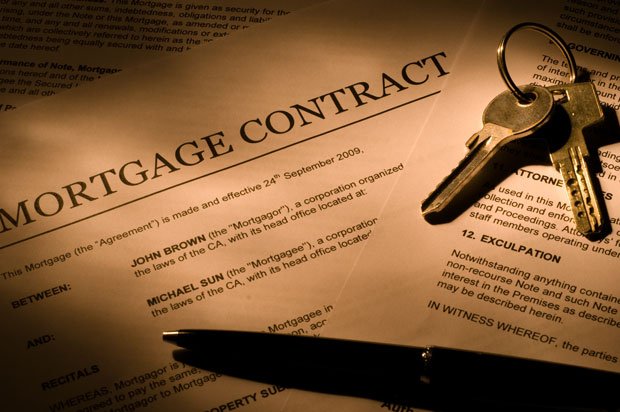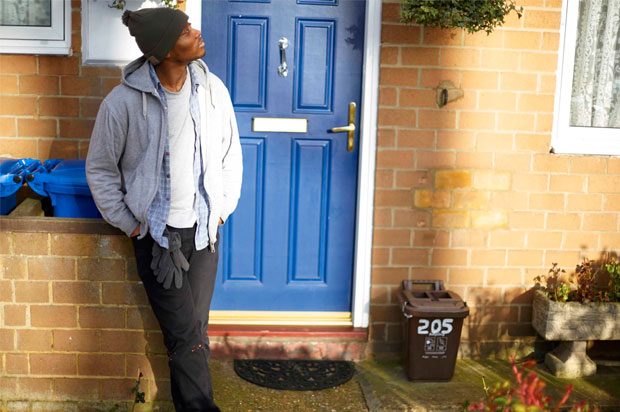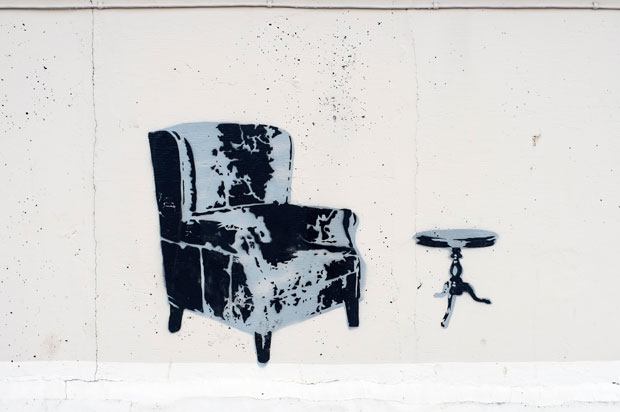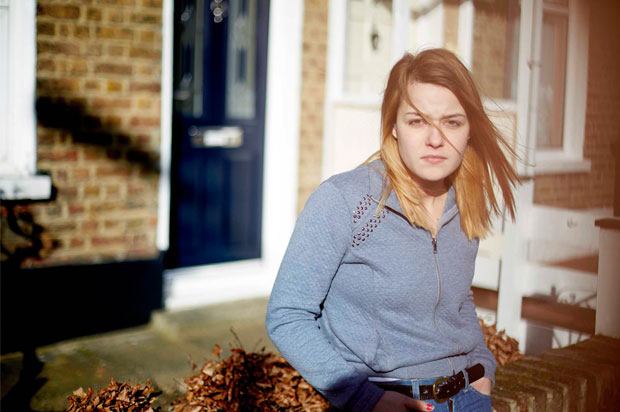Buying a house with a friend or parents
It’s pretty much impossible for anyone under 25 to buy on their own. One option is to buy with a friend or your family – here’s how it works.

We're definitely mature enough to buy our own place
How do you buy a house with your parents?
Young people mostly use the bank of mum and dad to get a deposit, but this isn’t the only way your parents can help you get on the property ladder. There are now several mortgage schemes that allow them to help by:
- Acting as guarantors
- Pooling their salaries to get you a bigger mortgage
- Linking your mortgage to their savings account
- Putting up their savings – or property – as security
Of course these mortgages aren’t simply a promise that your parents will bail you out if all goes wrong. There are pros and cons to every option as this article explains.
Reading the small print VERY carefully is essential.
Buying with a friend, partner or group of friends
Buying with a friend, or with your boyfriend or girlfriend, can take off some financial pressure because you’ll be sharing the deposit, legal fees, mortgage payments and household bills. You’ll also share any money you make when you sell the house and these are all details that need to be worked out before you buy.
How do you buy with a friend?
The house-buying process is the same for everyone. The difference when you buy with a friend, or friends, is the mortgage you’ll get and the different types of contract.
How much can we borrow?
Lenders typically give two applicants up to five times their combined income, or possibly higher, depending on affordability and credit scoring.
Can a group buy together?
If you want to buy with a group of friends, there’s a more limited choice of mortgages – only some banks and building societies will take into account more than two incomes. But the bigger your deposit, the better mortgage deal you’ll get, so clubbing together could still be an advantage.
Sharing a mortgage
A joint mortgage means you’re both/all responsible for mortgage payments – if any of you is unable to pay for any reason, the payments still have to be made by the remaining joint owners. For expert advice on how to set up a shared mortgage, plus all the other stuff to think about, visit the Share A Mortgage website (note you’ll have to pay for some of the services advertised).
Draw up a contract
Contracts for joint ownership are complicated. When you buy a home with someone else there are two legally binding agreements available:
- Joint tenancy agreement: This is generally used when you’re in a relationship with the other person. Under this agreement the property is owned in equal shares. If one of the joint tenants dies, their share will automatically pass to the other.
- Tenancy in Common: This is more appropriate when buying with friends or family. Each purchaser holds a fixed share of the property – which may or may not be equal. Under this arrangement, if you die prematurely your part of the house will go to an assigned beneficiary, rather than straight to the other owner/owners.
What are the advantages of a buying with a friend?
The most obvious advantage is cost. Not only does it halve the initial costs (including solicitor’s fees), it makes saving for a deposit a whole lot easier.
Other advantages include:
- You’re investing in the future rather than paying rent
- You may be able to shorten the term of the mortgage, therefore saving interest
- You can all share household bills, housework etc
- It may allow you to buy a more desirable property in a more attractive area
…and the disadvantages?
As ideal as this situation may seem, this will test your friendship/relationship to the max. Think about:
- What happens if you or your friend meet someone, fall in love and want to move them in, or move in with them instead?
- What do you do if one of you wants to sell before you’re ready?
- House prices don’t always go up – what if you want to move on and go your separate ways but your house is worth less than you bought it for?
- You’ll need legal documents to protect your investment, which means additional costs.
- You might need mortgage protection and life assurance.
- Buying in a group is bound to lead to conflicts of interest and arguments. How will you resolve things – will you put everything to the vote?
Get everything down in writing
This is a business arrangement, so try and think practically about how it’s going to work. Then get it down in writing.
Having the arrangements formalised by a solicitor means everyone understands exactly what’s expected of them.
Next Steps
- Shelter's advice website for young people offers help with housing problems and a free helpline 0808 800 4444. If you're in Scotland, use http://scotland.shelter.org.uk/ instead.
- Chat about this subject on our Discussion Boards.
By
Updated on 29-Sep-2015
No featured article













